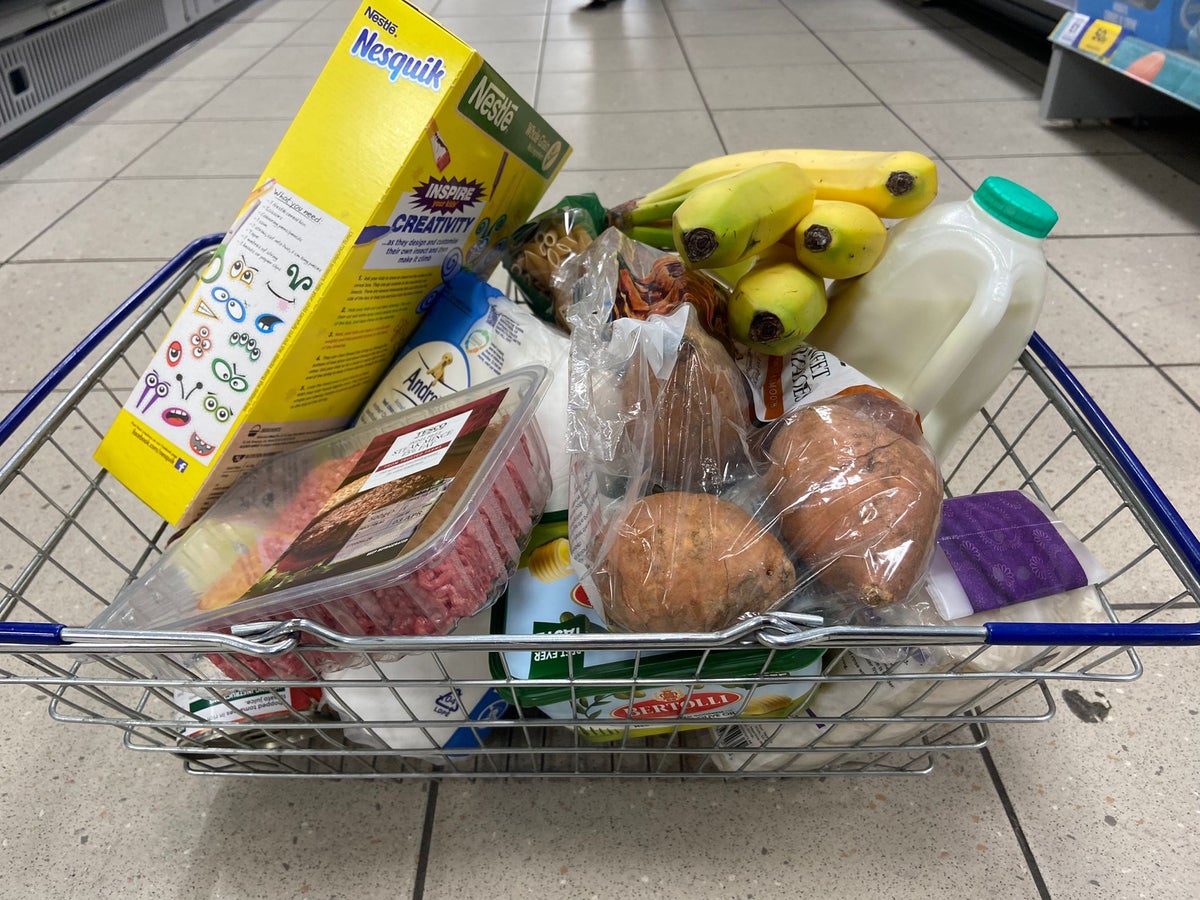
Food prices have surged this year and many households will already have noticed the difference in their weekly shop.
New ONS figures released on Tuesday showed the price of pasta had skyrocketed by as much as 50 per cent between May 2021 and May 2022 while the price of beef and crisps increased 16 and 17 per cent, respectively.
Rising inflation, the war in Ukraine and devastating energy costs are all driving prices up across the board creating some of the toughest living standards in 40 years.
To find out how fast prices are increasing in supermarkets and the pressures households are under, on 1 April we sent one of our reporters on their weekly food shop.
Two months later, this is how prices have changed on every day essentials.
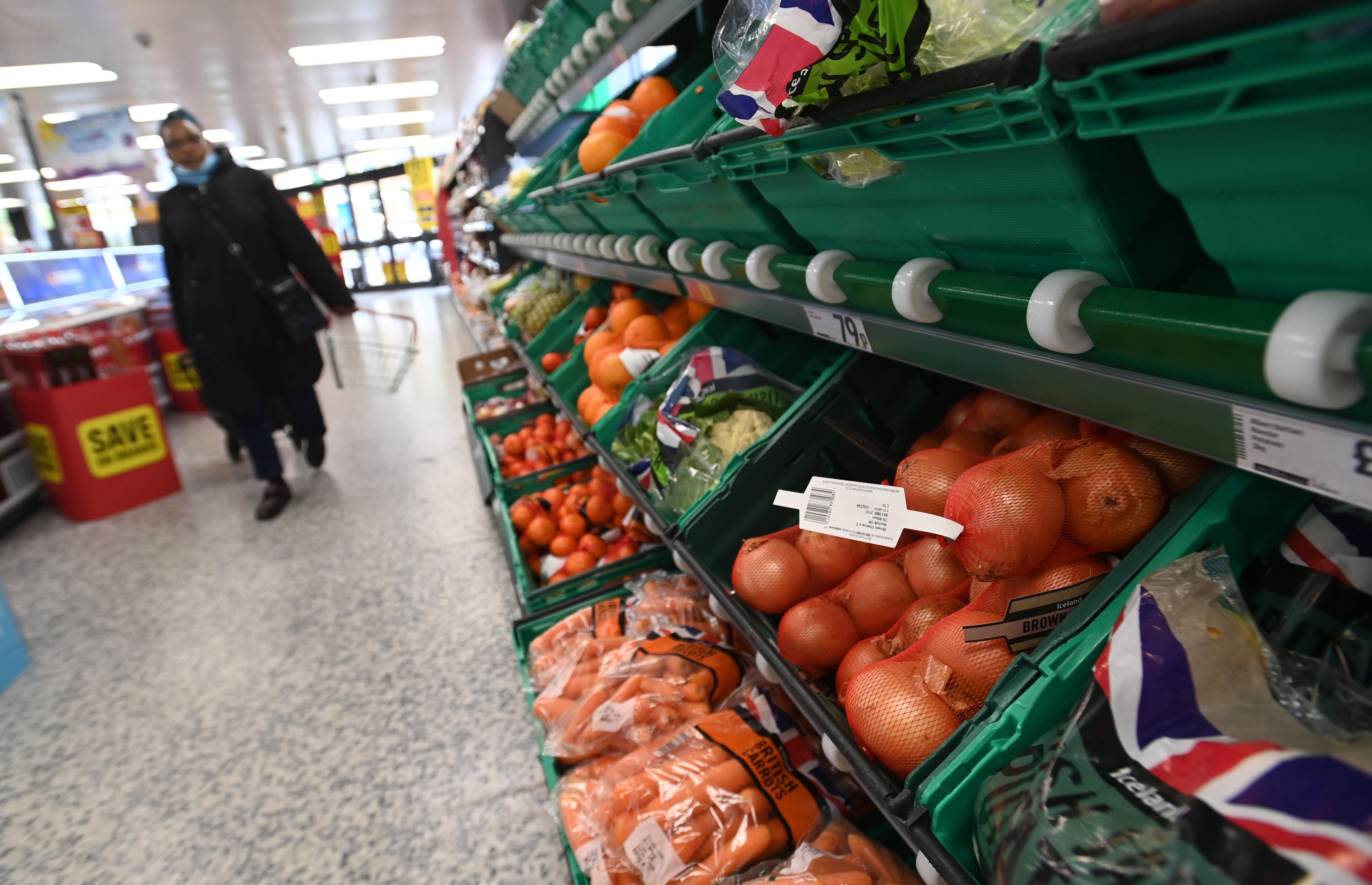
Pasta - up 20%
While not as high as the ONS figures, we found the price of pasta still jumped from from 75p for a 500g packet to 90p in two months - a 20 per cent increase.
If prices continue to surge as widely predicted, the price of pasta in many supermarkets could be well over £1 a bag by the end of the year.
Milk - up 11%
On 1 April, the price of a four-pint carton of semi-skimmed milk was £1.30, however in just two months, it jumped 11 per cent to £1.45.
A 15 pence increase doesn’t feel like much at the time but it definitely can stack up across a year.
If the price of four pints keeps increasing at this rate, the cost could be just under £2 by the end of the year - a surge that will hit cereal bowls across the country and certainly bite into our Christmas shopping budget.
Butter - up 10%
A 400g packet of butter saw one of the largest price increases in the last two months going from £2.55 in our shop in April and rising to £2.80 at the start of June. That’s an increase of and 25p or almost 10 per cent.
With pressures on cooking oil due to the war in Ukraine, butter prices could reach further highs this year.
Bananas - up 8%
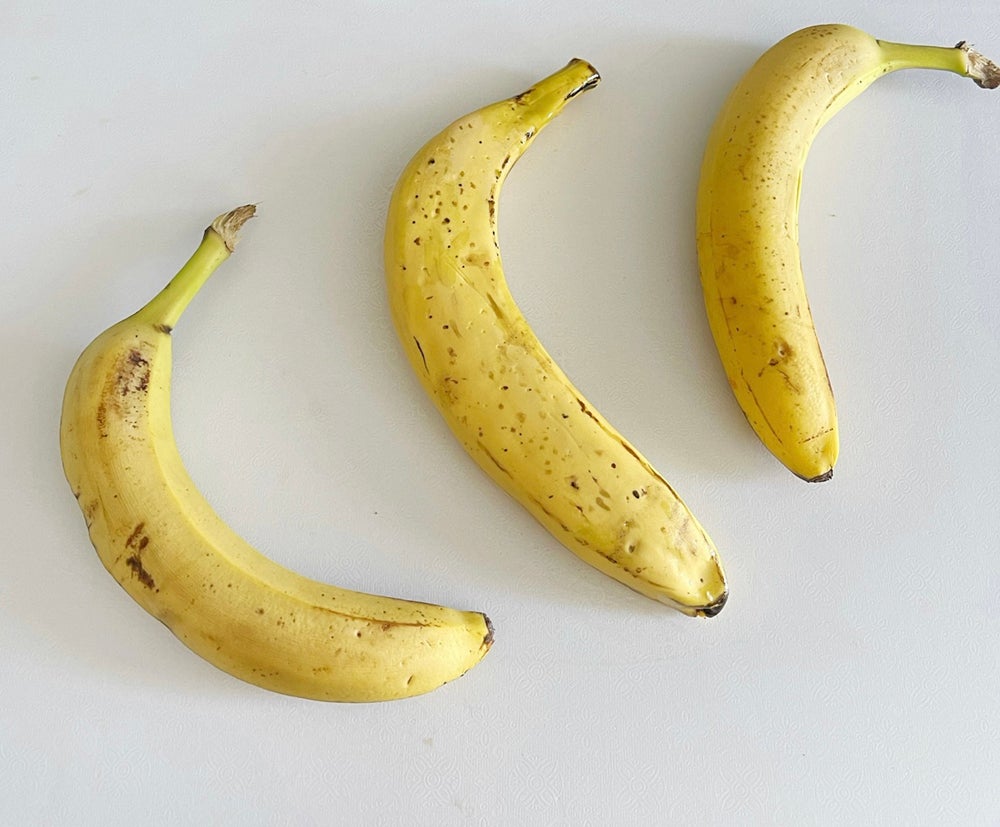
A bunch of four bananas also saw a noticeable jump in over two months, increasing 8 pence from £1 in April.
The cost of a single banana went from 25p to 27p from April to June highlighting the pressures could face this year in their bid for healthier eating.
It is of particularly concern given a 2018 study that highlighted the poorest families struggle to afford healthier food options such as fruits and vegetables.
The Eatwell Guide from Public Health England which aims to get people eating healthier estimates that healthy eating costs £5.99 a day per adult or £41.93 a week. The poorest fifth of homes would have to spend 42 per cent of their disposable income to cover this the Food Foundation estimated.
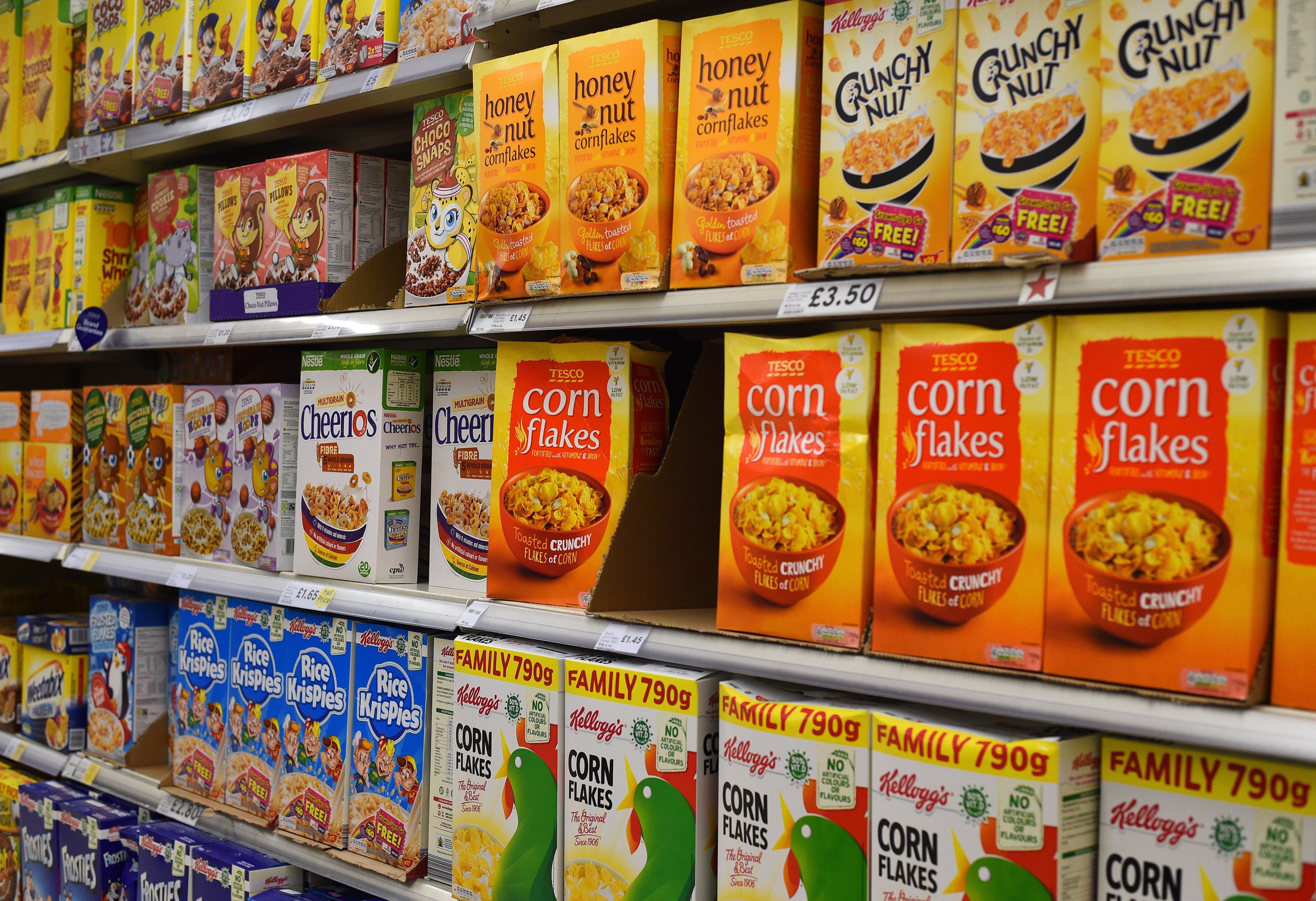
Eggs - up 5%
A six-pack of medium-sized Tesco eggs has also increased over the last two months going from £1.10 in April to £1.15 in June.
While a relatively modest 5 per cent increase that’s still another basic food item that contributes to an increasingly expensive shop.
Cereal - down 11%
You’ll be glad to know that some items on our grocery list also went down in price from April to June.
One of these was cereal which was £2.30 for a box of Nesquik (375g) in April, dropping down to £2.05 in June - an 11 per cent drop.
ONS research saw the price of breakfast cereal increase 6 per cent in the year to April 2022, so it’s more than likely we could see overall price increases through the year
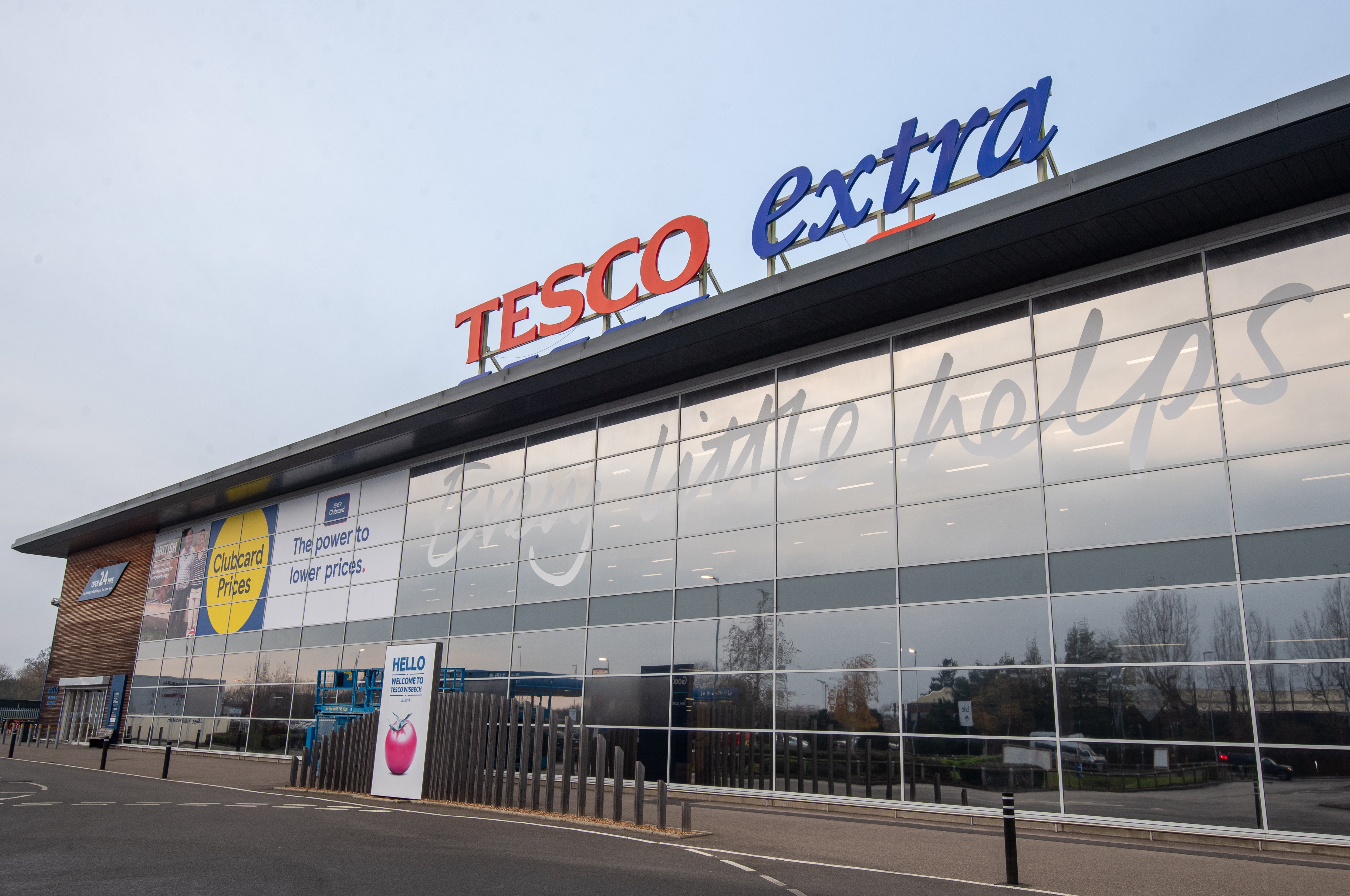
Bread - down 4%
Our shop saw an 800g bag of Hovis brown bread drop in price from £1.20 in April to £1.15 in June - a 4 per cent decrease.
This may not be signs of things to come however, especially with pressures from the war in Ukraine blocking the export of grain. ONS findings had the price of bread up 15 per cent in the year to April.
Beef mince - no change
While mince beef was up 16 per cent in the year to April ccording to our shop, the price of a 500g pack of mince meat stayed the same from April to June.
Sweet potatoes - no change
Our reporter chose to go for a personal choice over the more widely bought regular spuds and in more good news the price of sweet potatoes stayed the same from April to June at £1.30 for a 1kg packet.
More encouraging is the ONS’ findings which saw potatoes taking the biggest drop in price out of the 30 items analysed with a 16 per cent decrease in the year to April.
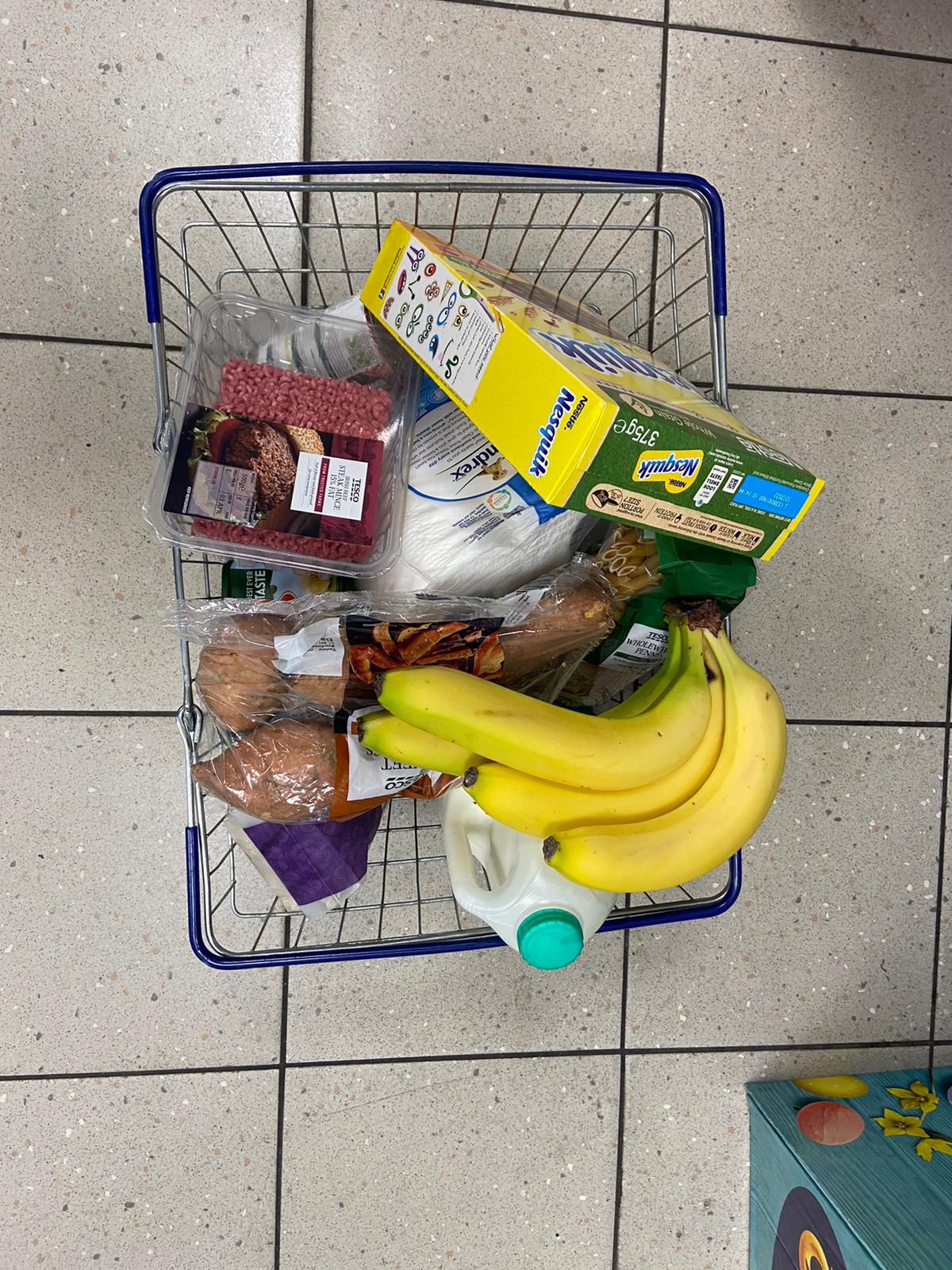
Baked beans - no change
The price of a can of baked beans also stayed the same between April and June in our shop. It was 40 pence for the Tesco brand of the item in April with no change to the price in June.
However, there are signs that the price of the much-loved British food item could be set for an increase this year as ONS findings saw a 7 per cent increase in the year to April.
Toilet tissue - no change
Not a food item but certainly important on any household shopping list. In our reporter’s trip a pack of four Andrex toilet tissue was £3 on 1 April and didn’t change in price two months later.
Chopped tomatoes- no change
A tin of Tesco’s own brand chopped tomatoes also stalled in the last two months staying at 45 pence a tin.
However, the same can’t be said about other tomato based products. Tomato ketchup for starters was up 5 per cent in price in the year to April, while 400g fresh tomatoes saw a slight uptick of 1.5 per cent according to ONS.
Basmati rice - no change
Tesco brand 1kg basmati rice also stayed the same in our shop at £2.05, but shoppers, be braced for a possible increase through the year as the ONS’ research showed the cost of a 1kg bag of rice was up 15 per cent.
Cost of living: how to get help
The cost of living crisis has touched every corner of the UK, pushing families to the brink with rising food and fuel prices.
- The Independent has asked experts to explain small ways you can stretch your money, including managing debt and obtaining items for free.
- If you need to access a food bank, find your local council’s website using gov.uk and then use the local authority’s site to locate your nearest centre.
- The Trussell Trust, which runs many foodbanks, has a similar tool.
- Citizens Advice provides free help to people in need. The organisation can help you find grants or benefits, or advise on rent, debt and budgeting.
- If you are experiencing feelings of distress and isolation, or are struggling to cope, The Samaritans offers support; you can speak to someone for free over the phone, in confidence, on 116 123 (UK and ROI), email jo@samaritans.org, or visit the Samaritans website to find details of your nearest branch.
Highest food inflation rate in a decade
According to the British Retail Consortium (BRC) food price inflation accelerated to its highest rate since 2011 at 2.8 per cent in April, up from 2.7 per cent in April.
Additionally, fresh food inflation accelerated in May to 4.5 per cent, up from 3.4 per cent in April - which is also its highest rate in a decade.
Helen Dickinson OBE, chief executive of the British Retail Consortium, said it’s likely that prices will “get worse before it gets better.”
“Retail prices edged up further as commodity, energy and transport costs continued to climb. Fresh food inflation hit its highest rate in a decade, with items like poultry and margarine seeing some of the largest increases due to soaring costs of animal feed and near-record global food prices,” Ms Dickinson said.
“It is likely to get worse before it gets better for consumers with prices continuing to rise and a further jump in energy costs coming in October. With little sign that the cost burden on retailers will ease any time soon, they will be left with little room for manoeuvre, especially those whose supply chains are affected by lockdowns in China and the war in Ukraine.”







